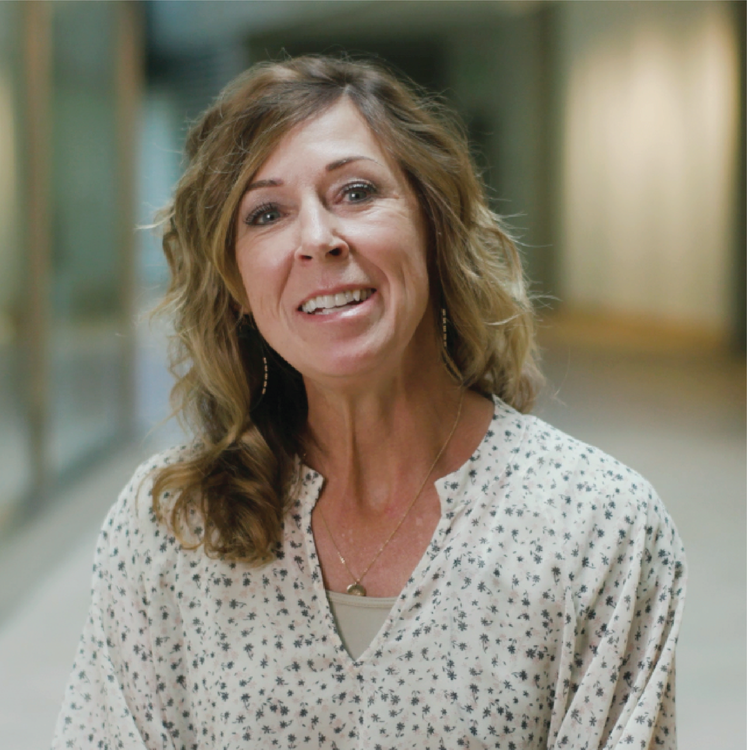Culture, Technology, & Representation with Youth
Culture has been historically considered as peripheral to a Western-oriented educational environment. However, learning environments are, in fact, not culturally neutral, which often prescribes expectations of certain knowledge, practices, and ways of being. In this dissertation work, I work alongside a team of Indigenous and non-Indigenous researchers, educators, and designers to design a culturally centered learning environment based on our evolving work throughout our multiyear research practice partnership. As a multiple-paper dissertation, I share learner-level insight on how youths develop relationships with culture in the first paper, in which I (re)conceptualize the way youths learn and engage with culture as Ti-Wu. In the second paper, I examine how technology mediates youths’ relationship with culture with a case study approach. I document the design process throughout my dissertation study in a narrative reflection. My dissertation work took place during the COVID-19 pandemic and contributes to the conversation on how to center culture in a formal learning environment when our society is facing multiple challenges to engage learners with culture in the classroom.
Dissertation Committee: Breanne Litts (Chair), Melissa Tehee, Jody Clarke-Midura, Hillary Swanson, Marisela Martinez-Cola








